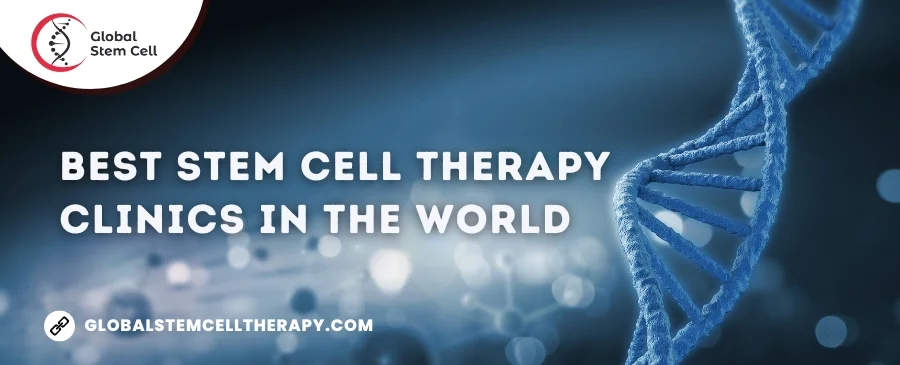EXPLORE. DISCOVER. TRAVEL
Your Journey to Wellness Starts Here
Global Stem Cell Therapy is your gateway to the future of health, serving as a comprehensive online marketplace dedicated to the regenerative medicine industry. We bridge the gap between patients, healthcare professionals, researchers, and vendors across the globe, fostering a network where innovation thrives and life-changing treatments are within reach.
Request Free Quote
Diseases Managed with Stem Cell Therapy
Stem cell therapy uses the body’s natural healing abilities to regenerate and repair tissues, offering innovative treatments and promoting recovery for various medical conditions.
Neurological & Autoimmune Disorders
Stem cells regenerate neural tissues, aiding in recovery from different conditions
Orthopedic Conditions
Find relief and mobility with stem cell treatment for orthopedic conditions.
Anti Aging & Longevity
Enhance vitality and rejuvenation with stem cell therapy for age-related concerns.
Eye Disorders
Support vision and eye health with regenerative stem cell therapy solutions.
Cancer
Support healing and recovery during cancer care with regenerative therapy.













